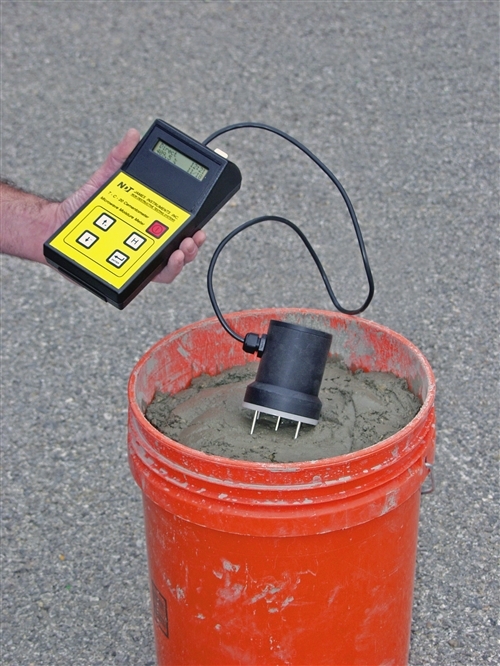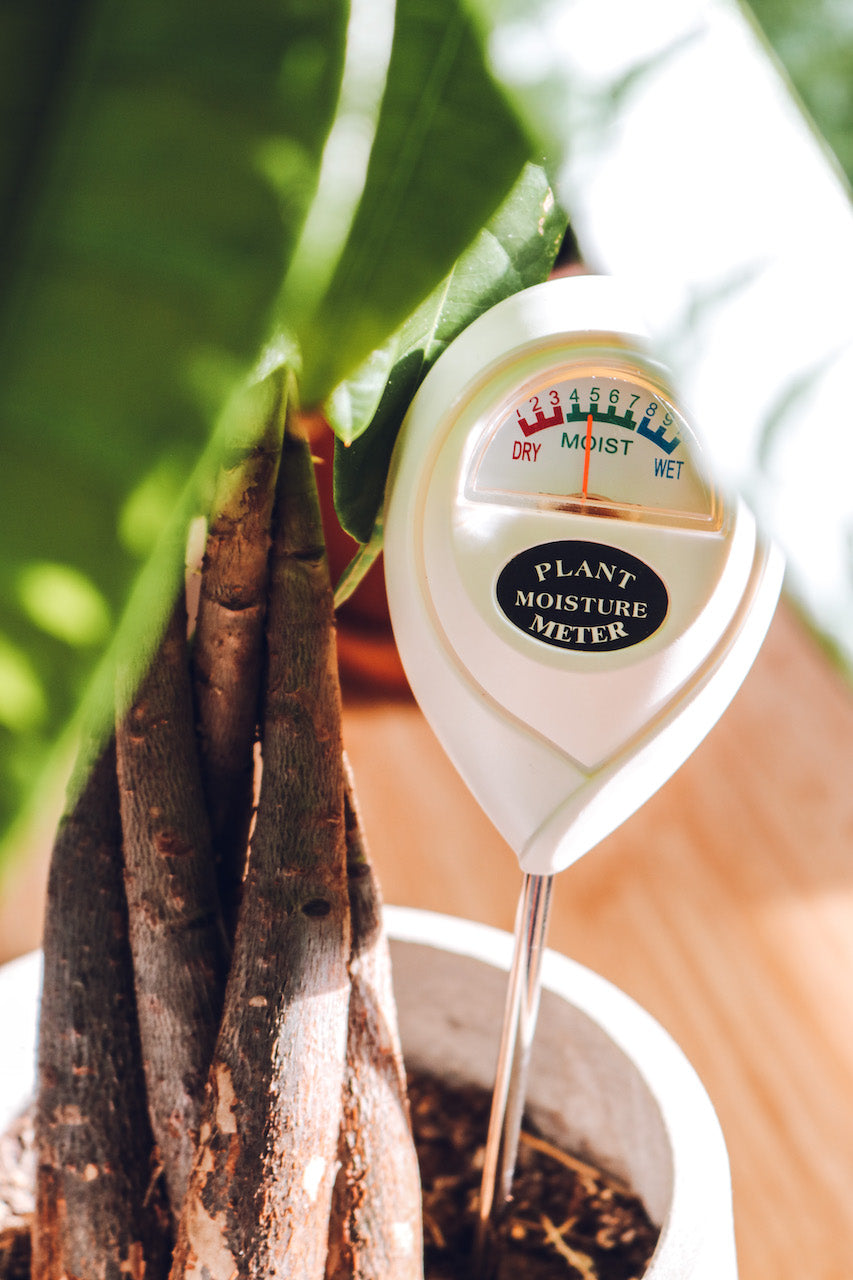Why Every Homeowner Needs a Moisture Meter: Key Advantages and Functions
Why Every Homeowner Needs a Moisture Meter: Key Advantages and Functions
Blog Article
The Ultimate Guide to Dampness Meters: A Comprehensive Summary and How They Can Conserve You Money
In the realm of structure maintenance, construction, and different markets, the value of precisely gauging wetness levels can not be overstated. Moisture meters work as important tools in identifying and keeping track of moisture material in materials, assisting in stopping costly damages and ensuring the top quality of products. Recognizing the subtleties of different sorts of wetness meters, their applications, and the possible cost-saving advantages they offer can be a game-changer for professionals and services alike. Uncovering how these tools can not only simplify procedures yet likewise add to financial savings is a trip worth embarking on.
Kinds of Moisture Meters
Numerous types of moisture meters are offered for different applications in different sectors. One typical kind is the pin-type dampness meter, which gauges the electrical resistance between two pins placed right into a product. This kind appropriates for wood, drywall, and other building materials. Pinless moisture meters, on the other hand, use electromagnetic sensor plates to scan a larger area without causing damage to the product's surface area. Moisture Meter. These meters are ideal for quickly assessing moisture degrees in huge areas such as walls and floors.

Moreover, there are also specialty moisture meters made for details materials like hay, grain, or soil. These meters give precise dampness readings tailored to the unique homes of the product being checked. Infrared moisture meters determine the thermal residential or commercial properties of a material to identify its wetness web content non-invasively, making them helpful for applications where pin or pinless meters might not be appropriate. Understanding the various kinds of dampness meters available can assist industries pick the most ideal tool for their certain moisture measurement demands.

Advantages of Using Moisture Meters
Dampness meters supply very useful benefits in precisely evaluating and keeping track of dampness degrees in diverse products and settings. One of the main advantages of utilizing moisture meters is the avoidance of prospective damage created by excess wetness.
In addition, making use of wetness meters can result in increased power efficiency. By recognizing locations with high wetness levels, such as leakages or bad insulation, adjustments can be made to boost energy preservation and decrease utility costs. In farming settings, dampness meters play a vital role in maximizing plant yields by making it possible for farmers to keep track of dirt wetness degrees and make notified watering choices. In general, the benefits of utilizing dampness meters span across numerous markets, providing economical solutions and promoting better top quality control methods.
Exactly How to Select the Right Wetness Meter
Choosing the suitable dampness meter involves thinking about key elements such as product compatibility, dimension array, and calibration accuracy. When choosing a wetness meter, it's vital to make sure that the meter is ideal for the specific material you will be testing. Different materials have differing electric residential properties that can influence dampness analyses, so picking a meter designed for your material is essential for precise outcomes. Furthermore, think about the dimension variety of the wetness meter. Make sure that the meter can spot moisture degrees within the range needed for your applications. Calibration precision is another essential factor to remember. Choose a moisture meter with reputable calibration to guarantee consistent and precise analyses. Some meters might need periodic calibration modifications, so understanding the calibration process is important. By meticulously reviewing these aspects, you can select a moisture meter that satisfies your demands and provides exact dampness measurements for your projects.
Correct Methods for Dampness Meter Use

Expense Cost Savings Via Dampness Meter Applications
How can the critical use of moisture meters lead to substantial cost financial savings across numerous markets? In the farming industry, dampness meters aid in establishing the optimal time for collecting crops, stopping over-drying or excess wetness that can impact the final item's quality.
Likewise, in building and construction, wetness meters aid linked here protect against pricey damages by discovering moisture degrees in structure materials, such as timber or concrete, which can cause structural problems otherwise addressed immediately. By recognizing problem locations early on, professionals can take rehabilitative steps to prevent considerable repair work or replacements, inevitably saving money and time.
Furthermore, in the food processing market, wetness meters are crucial for monitoring product high quality and making certain compliance with safety policies. By precisely determining wetness material in foodstuff, suppliers can prevent putridity, preserve quality, and minimize waste, leading to considerable expense financial savings. Generally, the calculated application of moisture meters is a beneficial investment that can result in significant price decreases and boosted effectiveness throughout different markets.
Verdict
In conclusion, wetness meters are important devices for determining and detecting wetness degrees in different products. By utilizing the appropriate moisture meter and complying with proper methods, users can successfully prevent expensive problems caused by excess wetness.
Moisture meters serve as indispensable tools in identifying and keeping track of moisture web content in materials, helping in preventing expensive problems and guaranteeing the top quality of items. Infrared moisture meters determine the thermal residential properties of a product to determine its wetness web content non-invasively, making them helpful for applications where pin or pinless meters might not be ideal.Moisture meters offer vital benefits in properly checking and evaluating wetness degrees in varied products and settings. In farming setups, moisture meters play an essential role in maximizing plant yields by allowing farmers to monitor soil dampness levels and site web make informed irrigation decisions.In conclusion, moisture meters are valuable tools for measuring and discovering wetness levels in various materials.
Report this page